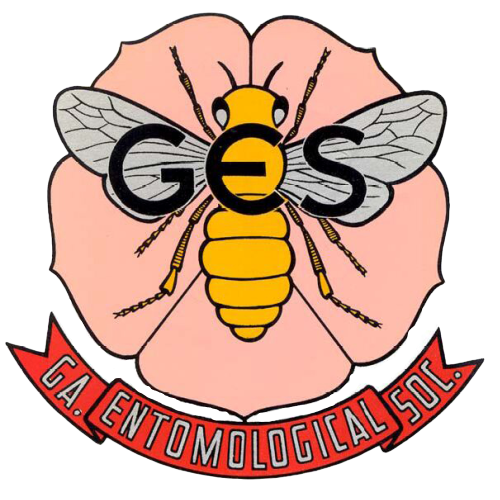Ability of Delphastus catalinae (Coleoptera: Coccinellidae), a Predator of Whiteflies (Homoptera: Aleyrodidae), to Survive Mild Winters
Delphastus catalinae (Horn) (Coleoptera: Coccinellidae) is a predator of whiteflies and is sold by commercial insectaries to help manage Bemisia tabaci (Gennadius). This beetle is tropical in origin, but feral populations in the USA are known to persist in southern California and in central and southern Florida. Field populations of D. catalinae are not known to occur in northern Florida, GA, or South Carolina, and there has not been any report of field releases in these areas. A study was conducted to determine the ability of D. catalinae to survive in regions with mild winters where B. tabaci survives year-round, such as coastal South Carolina and northern Florida. Delphastus catalinae was sampled in field cages from December to April in 2002–2004. Only a few individuals were collected at the end of each winter. In the laboratory, at a constant temperature of 15°C, adult survival was up to 9 months (269 d), whereas survival was up to 16 d at 5°C. Without food, adult longevity was decreased by about 90%. A sample of the population from a laboratory test indicated that old females (at least 242 d) produced viable eggs. Eggs held at 5°C did not hatch, whereas 48% of those held at 15°C hatched. Conversely, 98% of eggs held at 25°C hatched. At 15°C, none of the larvae survived to the pupal stage, whereas at 25°C, 86% of the larvae survived to the adult stage. Winter temperatures near freezing may result in excessive D. catalinae mortality and few or no survivals at the end of the winter. These results help define the impact of long-term low temperatures on the northern geographical limit of D. catalinae and will aid in whitefly management decisions regarding this predator.
Contributor Notes
Mention of a proprietary product does not constitute an endorsement or recommendation for its use by USDA.
3USDA, Agricultural Research Service, CMAVE, Center for Biological Control, Florida A&M University, 6383 Mahan Dr., Tallahassee, FL 32308.
